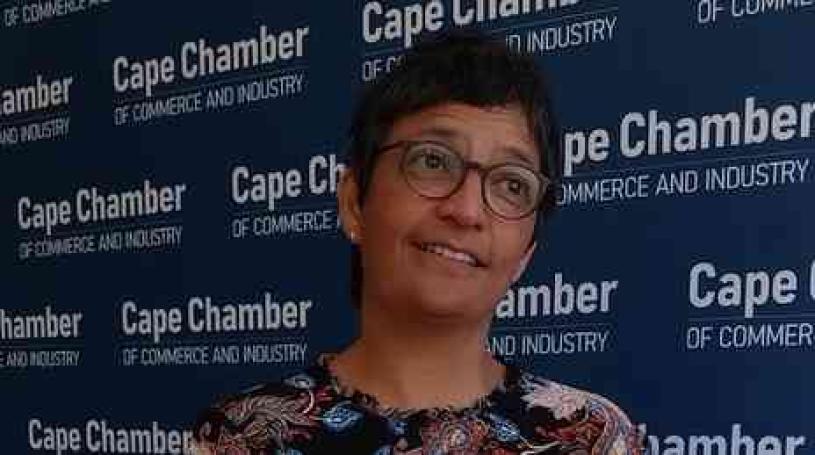Western Cape government aims for one trillion-rand economy by 2035
Western Cape Government Deputy-Director General, Jo-Ann Johnson, said the Cape Chamber of Commerce and Industry’s Public-Private Dialogue (PPD) falls in line with its own strategy and target of achieving a one trillion-rand economy by 2035.
Last week, the Cape Chamber held a number of workshops as part of its PPD campaign related to transport, access to finance, skills development, ICT infrastructure and other economic pillars, where key stakeholders from both the public and private sectors discussed plans to improve the economy.
Johnson, who is currently leading the development of the Western Cape’s Growth for Jobs strategy, said the PPD has been amazing as it prevents government from wasting time on solutions for problems that the private sector is not experiencing.
“The PPD process is particularly compelling because the private sector is not just sitting back and asking government to solve problems.”
“They are coming up with solutions and I think the private sector benefits from this dialogue because they coordinated it themselves, and together identified what the key bottlenecks are which is quite powerful,” said Johnson.
In terms of job creation, Johnson added that jobs come purely from the private sector and that the dialogues hosted by the Cape Chamber will assist them with their plans in accelerating growth opportunities.
“The Western Cape government is currently crafting the Growth for Jobs (G4J) strategy and we set ourselves a target for achieving a one trillion-rand economy by 2035,” said Johnson.
“And we are going to do that via the private sector by firstly creating an enabling environment for the private sector, and secondly, to assist in accelerating growth opportunities and markets,” she said.
ALSO READ
- Plastics SA hopes to curb plastic leakage into the environment
- Cape Chamber launches initiative to strengthen the Western Cape economy
Furthermore, Cape Chamber CEO, John Lawson added that "the Chamber is delighted by the bold targets and inclusive process adopted in formulating the G4J strategy".
"Growth and jobs are a consequence of business choices and decisions. By strengthening systemic insight and articulating priorities through the public-private-dialogue process, we better inform government decision making, and build more confidence in this crucial partnership to shape a better future,” said Lawson.

